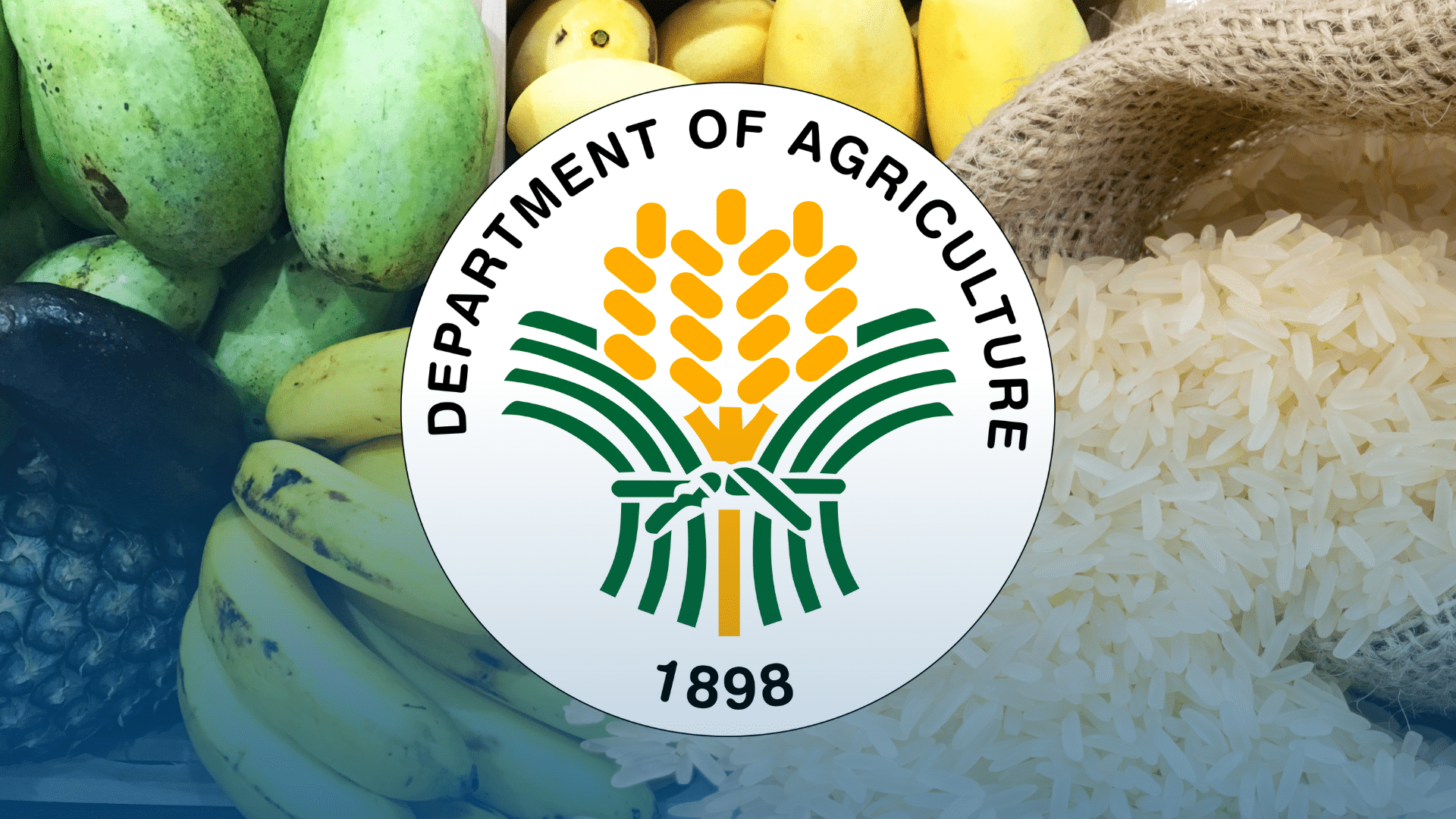
SHORT-TERM foreign investments remained negative in April with net outflows also having risen from the previous month, the Bangko Sentral ng Pilipinas (BSP) reported late Friday.
Foreign investments registered with the central bank through authorized agents, also known as "hot money," as the funds are frequently moved to maximize profits from interest rates, recorded a net outflow of $312 million.
The result rose from March's net outflow of $236 million but remains lower than the year-earlier $351.9 million.
Overall inflows for the month were $914 million, 35.1 percent down from March's $1.4 billion. Gross outflows, meanwhile, fell to $1.2 billion, 25.4 percent lower than the $1.6 billion recorded a month earlier.
The funds were mostly invested in Philippine Stock Exchange-listed securities (59.5 percent or $544 million) — banks, holding, property, transportation, and food, beverage and tobacco firms — and the rest in peso government securities (40.5 percent or $370 million).
Most of the short-term investments came from the United States, the United Kingdom, Singapore, Luxembourg and Hong Kong, which had a combined share of 87.9 percent.
The US remained the main destination for outflows, accounting for 43 percent at $527 million.
Year on year, inflows were 28.2 percent higher than April 2023's $713 million. Outflows, meanwhile, rose by 15.1 percent from the year-earlier $1.1 billion.
"The $312 million net outflows in April 2024 are smaller compared to the net outflows recorded for the same period a year ago ($ 352 million)," the central bank noted.
Year to date, hot money flows remained positive at a net $65 million, a reversal from the $680 million net outflows posted during the same period last year.
The BSP tally accounts for funds received by authorized agent banks (AABs). Registration of the investment is only required if the investor or its representative purchases foreign exchange from AABs or their subsidiaries/affiliates for the repatriation of capital and remittance of earnings from the investment.
"Without such registration, the foreign investor can still repatriate capital and remit earnings on its investment, but the FX (foreign exchange) will have to be sourced outside the banking system," the central bank said.
Read The Rest at :







